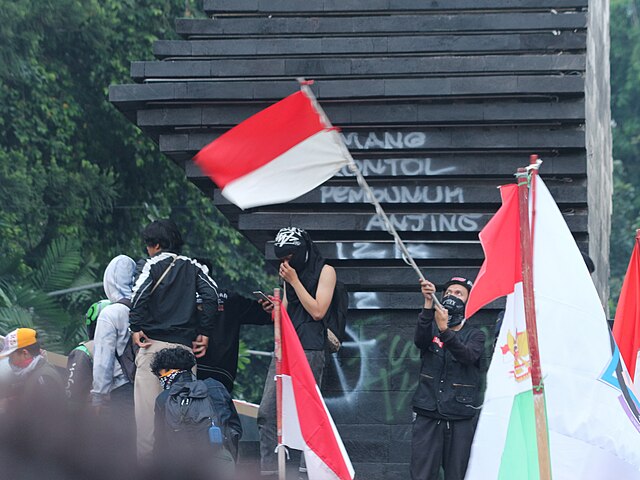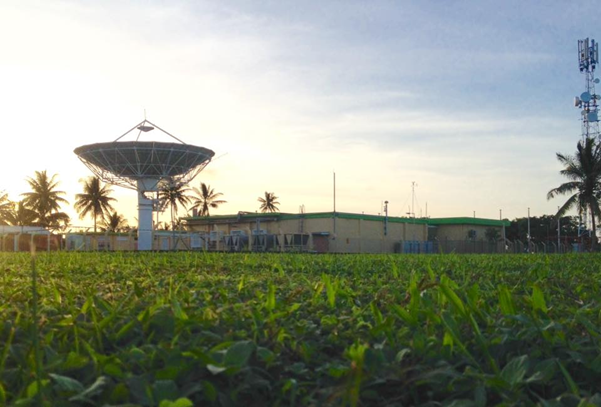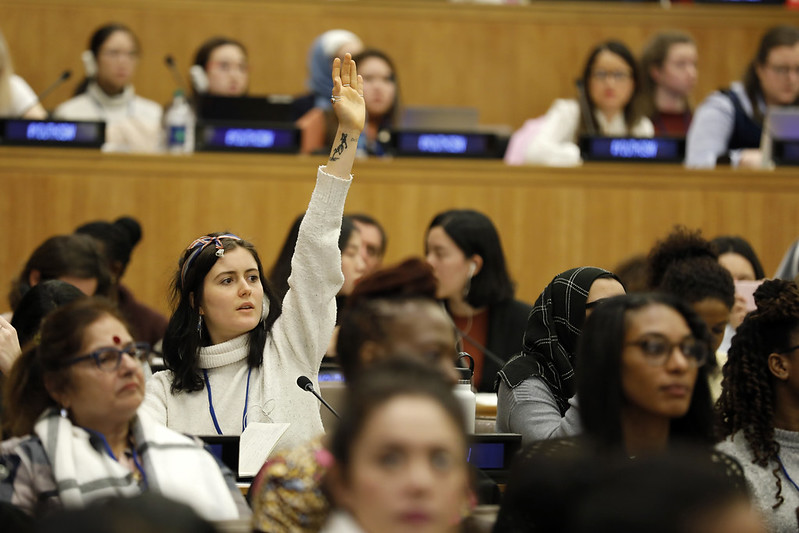National outrage erupted on 25 August 2025 after revelations that all 580 members of Indonesia’s House of Representatives (DPR) were pocketing monthly privilege allowances of 50 million Indonesian rupiah (US$3,075) — ten times Jakarta’s minimum wage. Amid inflation, mass layoffs, and surging housing costs, the public saw this as the final blow to President Prabowo Subianto’s already weak moral credibility.
The death of Affan Kurniawan, a delivery driver who was run over by an armoured vehicle during the mass protests, led protesters to demand constitutional and police reform.
Reforming Representation in The House
What is urgently required is a transition from reactive damage control to long-term institutional reform. The space for reform through the president is limited, given that Article 7C of the 1945 Indonesian Constitution prevents the deliberate dissolution of the DPR. But recalibrating authority from the DPR could pave the way for democratic consolidation.
Reform must begin with the DPR’s broken accountability mechanisms. Indonesia’s parliament suffers from a simple truth, representatives rarely represent the people. Consider the debate over the Asset Confiscation Bill, which was designed to enable authorities to seize assets obtained through corruption and money laundering without requiring a criminal conviction. While the previous DPR supported and the legislative body (Baleg) approved, it somehow disappeared from the final list of priorities. Mahfud MD appealed to DPR members to advance the bill, emphasising how difficult money laundering prosecutions had become without it. On the contrary, Bambang Pacul, Chair of the House Commission III, stated that this lobby should be done with “Mother (Ibu)” referring to the party leader of his. In saying that, he revealed how party control stifles independent voices and turns the DPR into a lobby.
This dysfunction demands structural accountability measures such as performance reviews, recall mechanisms, and transparent committee processes. Yet the political will for reform remains elusive because it threatens the foundation of Prabowo’s own power. His presidency rests on a broad coalition spanning most major parties, built through the same coalition-building dynamics that prioritize elite consensus over public accountability. Cross-party networks of mutual protection shield underperforming representatives, and pushing accountability reforms would require constitutional amendments, where DPR members must vote for their own vulnerability to removal.
Indonesia’s 1998 Reformation demonstrated that mass protest can force institutional change. While the protests removed former president Suharto and his authoritarian regime, it left intact the elite-focused patronage system. Though the General Elections Commission (KPU) opened elections to competition post-1999, representatives still operate with impunity outside of the election. Political families and networks from the New Order adapted to the new framework, perpetuating a structural mentality of elite impunity where party elites control legislative agendas through backroom deals and representatives make tone-deaf statements while approving housing subsidies for themselves during national hardship. This suggests mass mobilisation can force institutional change, but sustaining reform requires addressing informal power networks, not just formal rules.
The August 2025 protests targeted the KPU’s limitations in addressing parliamentary accountability. The 17+8 demands include performance audits, transparency, and recall mechanisms to extend accountability beyond elections. While not explicitly calling for constitutional reform, implementing comprehensive recall mechanisms would require constitutional changes to parliamentary sovereignty. The test is whether Indonesia can transform protest energy into institutional mechanisms that bind representatives to serve constituent interests throughout their terms, moving democratic representation to genuinely serving the public.
Restructuring National Police Leadership
The police force likewise requires accountability-enhancing reforms. Listyo Sigit Prabowo’s elevation to National Police Chief in 2021 was seen as a supposed reform, breaking seniority traditions for a civilian-friendly force. But this promise collapsed as his tenure became marked by scandals and abuses. Listyo has persisted despite his failures, notably the Kanjuruhan Stadium tragedy, which exposed a deliberate protection of loyalty over accountability under the Indonesian policing system. Despite the magnitude of casualties that have been accounted for, 135 people have been killed, mainly from asphyxiation and stampede from fans fleeing tear gas, despite FIFA’s Article 19(b) banning its use. Yet accountability has only stopped at the lower-level officer, with light sentences and negligence charges. While Jokowi’s Independent Fact-finding Team (TGIPF) confirmed the excessive force, the police leadership escaped both reform and removal.
Reform requires top-down restructuring of police leadership, not political reshuffling. The President should appoint leaders genuinely committed to justice while suspending and prosecuting corrupt officials. Ensuring accountability will require amending police law to limit discretionary powers while strengthening the National Commission on Human Rights (Komnas HAM) by reforming how its findings are enforced. Currently, these findings are non-binding and often disregarded. Reform must ensure they work harder to dismiss through formal prosecutor responses, parliamentary follow-up powers, or ensuring their independence so findings carry real weight. Police restructuring threatens the coercive apparatus that executives depend on for order. The proposed reforms thus run counter to the incentive structures that bind Indonesia’s political class together, explaining why similar demands after past protest cycles have yielded symbolic gestures rather than structural change.
Additionally, re-education programs on mandatory human rights and de-escalation training for the public policing units can mark a significant departure from the authoritarian era tactics of the New Order. These would help increase public perception of the peacekeeping forces during protests, reducing the possibility of escalation. A more disciplined and educated police force would be able to better maintain order while keeping protests peaceful, again restricting the potential for escalation.
If reforms like the above are implemented, Indonesia may be able to transform the August 2025 protests, born from public resentment and demands for institutional reform, into a much greater turning point like the 1998 Reformation. But if this moment is squandered, the already flawed democracy will continue to degrade into an even worse version of itself.
Muhammad Farhan Yaumil Ramadhan is an Analyst at World Order Lab, researching and analyzing geopolitical strategic affairs. He is currently an undergraduate student in International Affairs Management at the School of International Studies, Universiti Utara Malaysia.
Muhammad Izzuddin Al Haq is an Undergraduate Student in International Affairs Management at School of International Studies, Universiti Utara Malaysia. Currently, he is the Director General at World Order Lab. His research interests focus on international security and global governance.
This article is published under a Creative Commons License and may be republished with attribution.





